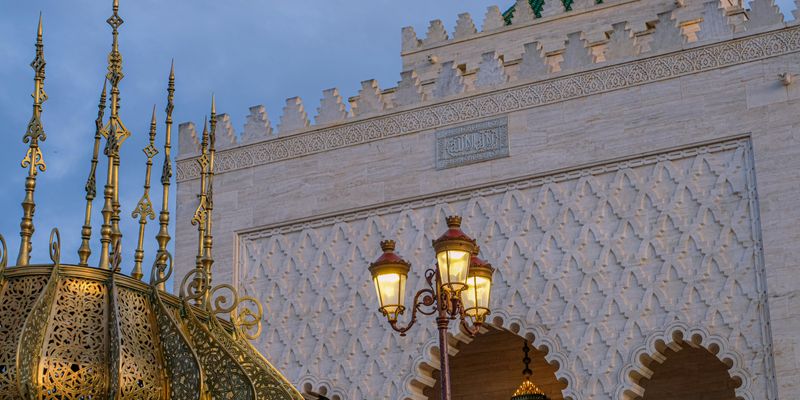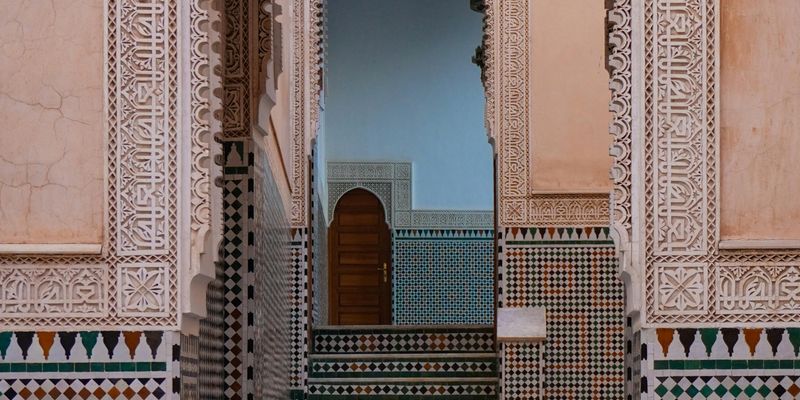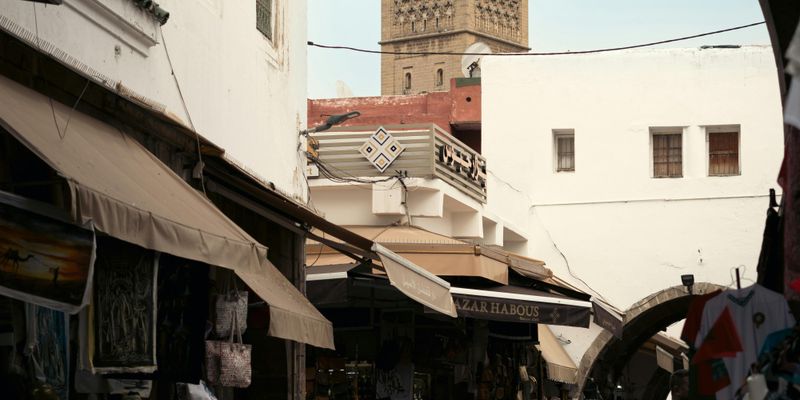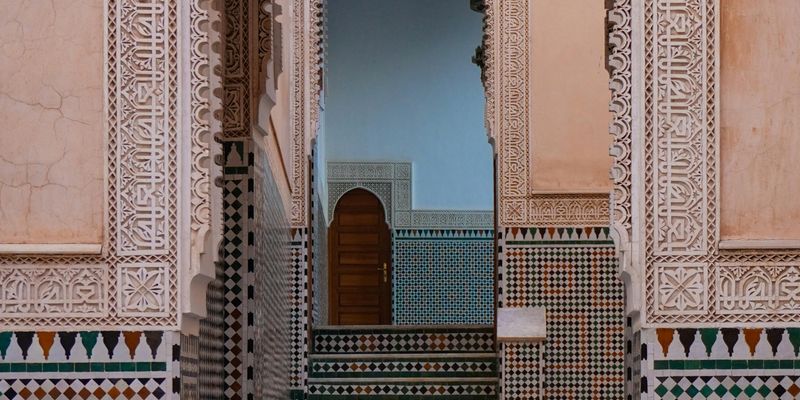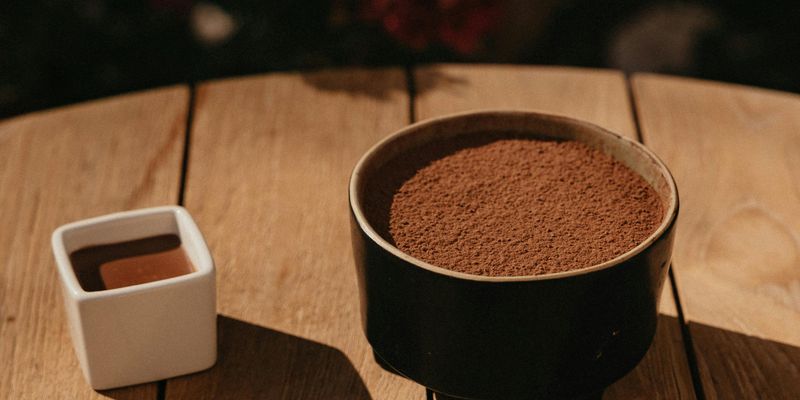
The Flavorful Journey through Morocco's Culinary Treasures
Welcome to the vibrant world of Moroccan cuisine, where every meal tells a story and every dish is a delightful celebration of flavors. As a Moroccan native, I take immense pride in our culinary heritage, deeply rooted in a blend of Berber, Arab, and Mediterranean influences. Let's embark on a journey across the diverse regions of Morocco and discover the tastes that make our cuisine truly unique.
The Soul of Moroccan Cuisine: Spices
One of the first things that will captivate your senses about Moroccan food is the incredible use of spices. From the earthy warmth of cumin to the aromatic sweetness of cinnamon, each spice adds its own character to dishes. Don’t miss out on ras el hanout, a complex spice blend that translates to "head of the shop," indicating the finest spices a seller has to offer. It’s used in many traditional recipes, such as tagine, a slow-cooked stew often served with bread or couscous.
The Art of Tajine
The iconic Moroccan tajine is more than just a dish; it’s a culinary tradition. Named after the unique conical pot in which it is cooked, this dish can vary greatly from region to region. In the south of Morocco, you might find a tagine filled with tender lamb, apricots, and almonds, while in the north, seafood takes center stage, showcasing the abundance of the Mediterranean coast. Sharing a tajine with family or friends is a cherished experience, emphasizing the Moroccan value of community and togetherness.
Sweets that Tell Stories
No exploration of Moroccan cuisine would be complete without indulging in our famous sweets. Patisserie maroccaine refers to a variety of sweet pastries, often made with almonds, honey, and orange blossom water. Be sure to try kaab el ghazal (gazelle horns) and m'hanncha (snake cake), which is not only delicious but also a visual delight. These treats often accompany traditional mint tea, a symbol of hospitality, served in ornate glasses during gatherings.
Culinary Experiences Await You
Visiting Morocco provides an amazing opportunity to engage with local chefs and learn the secrets behind our beloved dishes. Many riads and cooking schools offer classes where you can gather fresh ingredients from local markets and learn how to prepare classic dishes like couscous and briouats (savory pastries). Participating in these experiences allows you to connect with the culinary traditions and stories of Morocco.
The Future of Moroccan Cuisine
As Morocco continues to evolve, our cuisine is also transforming, reflecting contemporary tastes while honoring traditional roots. Chefs are experimenting with fusion cuisine, adding modern twists while preserving the essence of Moroccan flavors. This culinary innovation highlights that Moroccan cuisine is alive and dynamic, and there’s always something new to discover.
In conclusion, Moroccan cuisine is a beautiful tapestry of flavors, history, and culture. Whether you are dining in a bustling market in Marrakech or enjoying a cozy meal with a local family in Fes, each experience will leave an indelible mark on your heart and palate. So when planning your next culinary adventure, remember to savor the flavors of Morocco—it is an experience you will treasure long after you return home.
